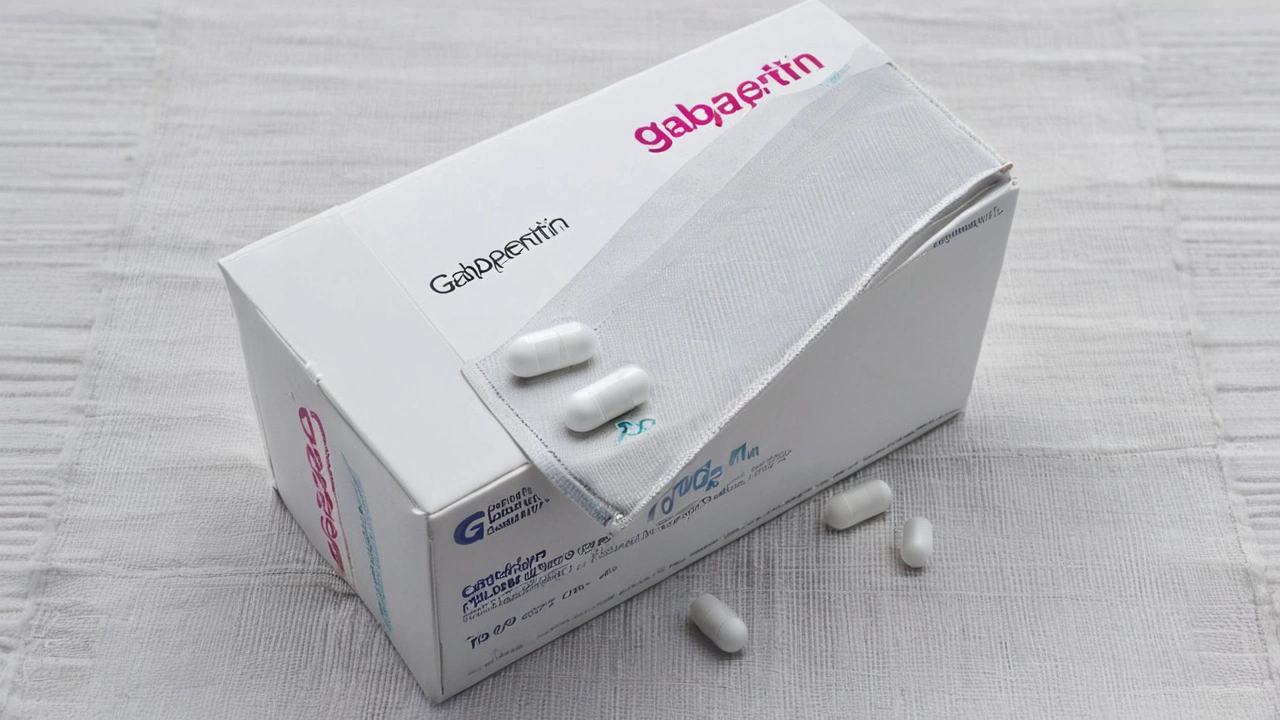Neurontin (Gabapentin) – What It Is, How to Use It & What to Expect
If you’ve been prescribed Neurontin, you probably wonder why your doctor chose it and how to get the most out of it. In plain terms, Neurontin is the brand name for gabapentin, a medication that calms nerve activity. Doctors use it mainly for seizures and for nerve‑related pain such as post‑herpetic neuralgia or sciatica.
Gabapentin works by mimicking a brain chemical called GABA, which helps slow down overactive nerves. Think of it like turning down the volume on a noisy speaker – the louder the signal, the less painful or seizure‑prone you feel.
How to Take Neurontin Correctly
The key to success is following the dosing schedule your doctor gave you. Most people start with a low dose (often 300 mg once daily) and increase it gradually over several days or weeks. The usual adult range tops out around 1,800–3,600 mg per day split into three doses.
Take each pill at the same times every day – consistency keeps blood levels steady and reduces side effects. You can swallow Neurontin with food or without; a small snack may help if your stomach feels upset.
If you miss a dose, take it as soon as you remember unless it’s almost time for the next one. In that case, skip the missed pill – don’t double up because higher peaks can increase dizziness or nausea.
Common Side Effects & What to Watch For
Most folks feel mild side effects that fade after a week or two. The most frequent are:
- Drowsiness or feeling “foggy” – plan low‑risk activities until you know how it affects you.
- Dizziness, especially when standing up quickly – rise slowly to avoid falls.
- Swelling in hands or feet (edema) – report swelling that’s painful or sudden.
- Nausea or stomach upset – taking the dose with food can help.
Rare but serious reactions include mood swings, depression, or thoughts of self‑harm. If any of these appear, contact your doctor right away.
Because gabapentin is cleared by the kidneys, people with kidney issues need a lower dose. Your doctor may order blood work to check kidney function before starting and during treatment.
Another practical tip: avoid alcohol while on Neurontin. Mixing can amplify drowsiness and impair coordination, making driving unsafe.
When you finally feel the medication is working – less nerve pain, fewer seizures – keep your doctor in the loop. Sometimes a small dose adjustment makes a big difference in comfort.
Stopping Neurontin abruptly isn’t recommended. If you need to quit, your doctor will taper you off slowly to prevent rebound seizures or heightened pain.
Overall, Neurontin is a reliable option for many nerve‑related problems when taken as directed. Keep track of how you feel, ask questions early, and you’ll likely notice improvement within a few weeks.

Comprehensive Guide to Gabapentin: Uses, Side Effects, and Safety Information
Gabapentin is a versatile anticonvulsant medication used to control seizures and manage nerve pain. While effective, it comes with a variety of potential side effects and risks. This article delves into the uses, side effects, and safety considerations for anyone prescribed this medication.